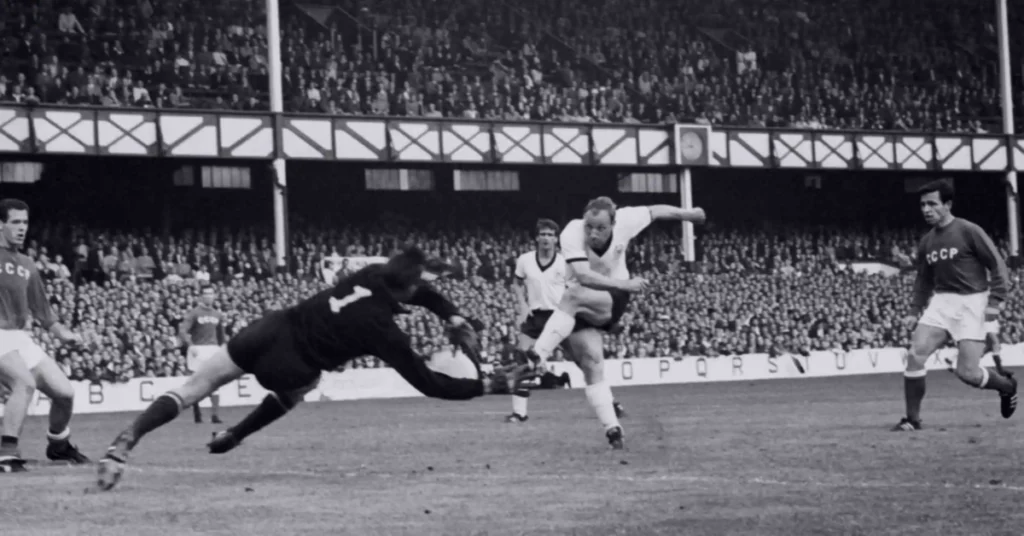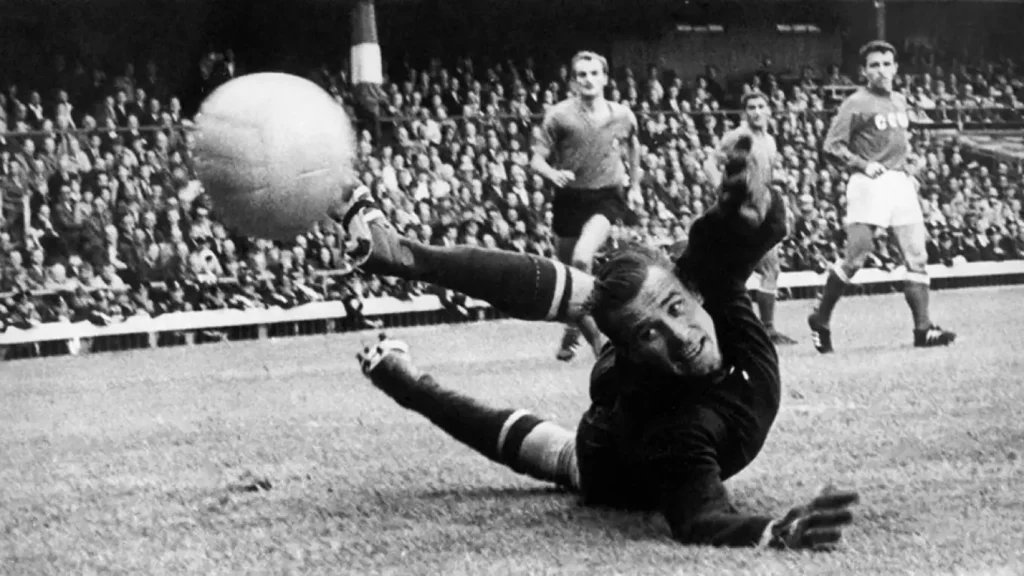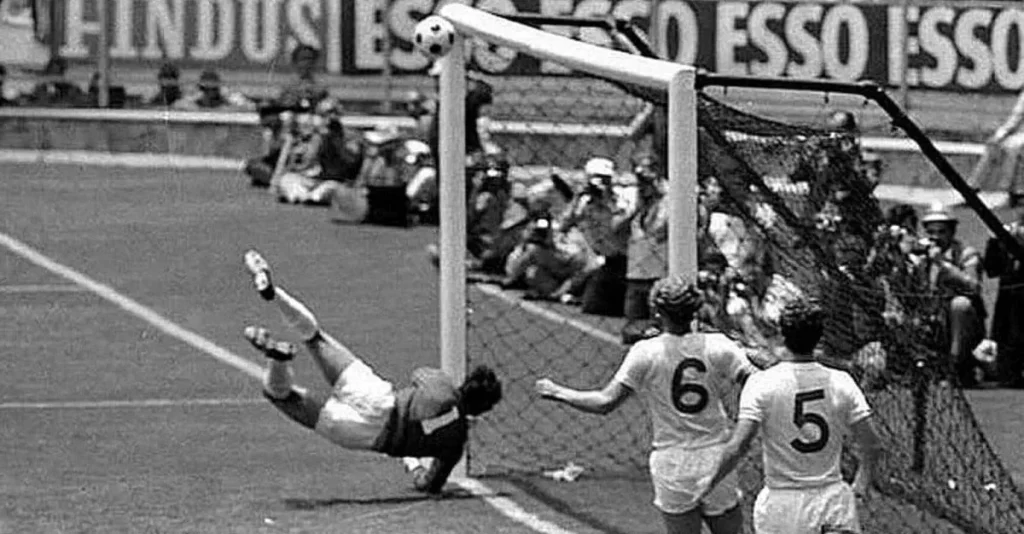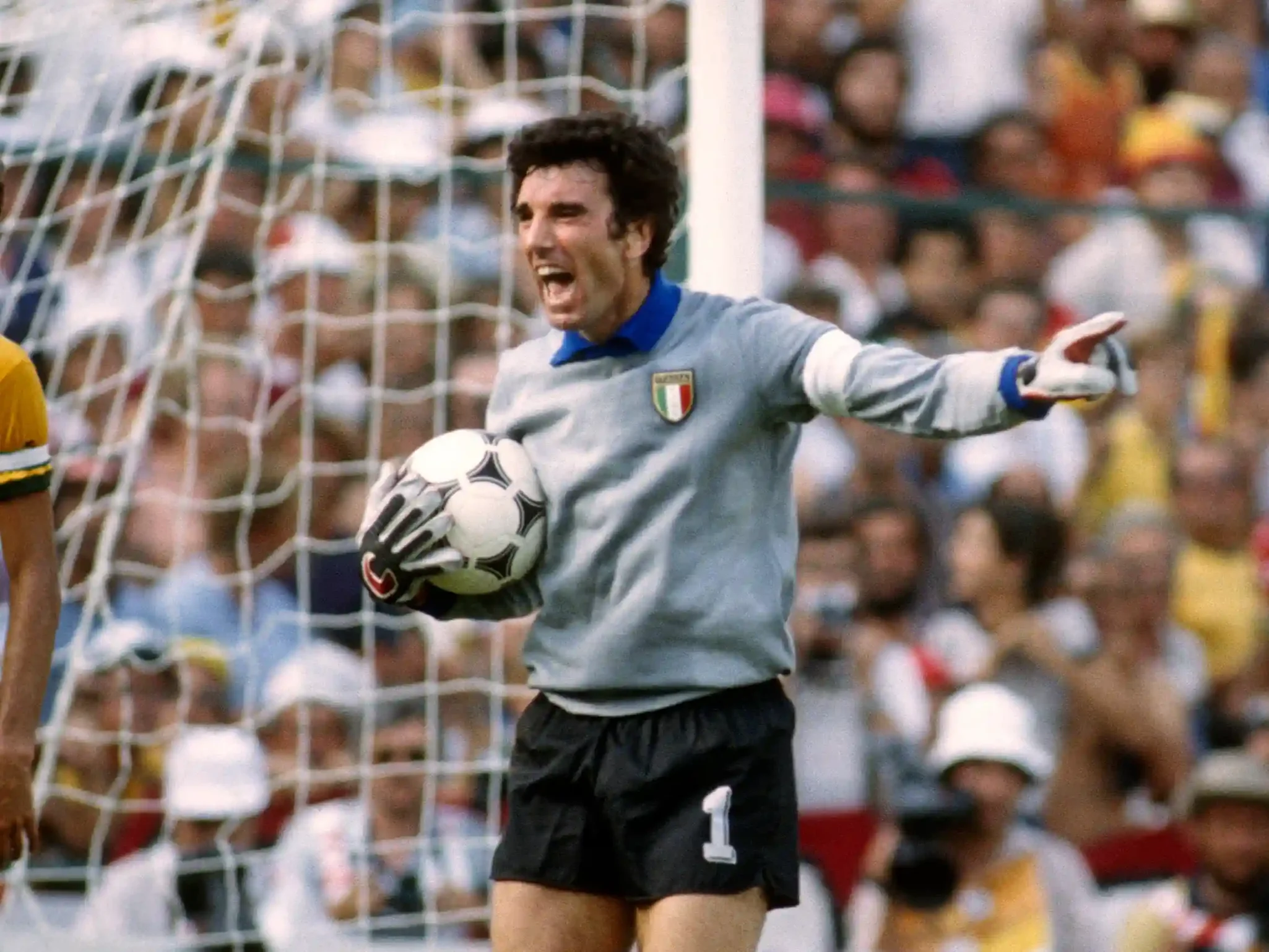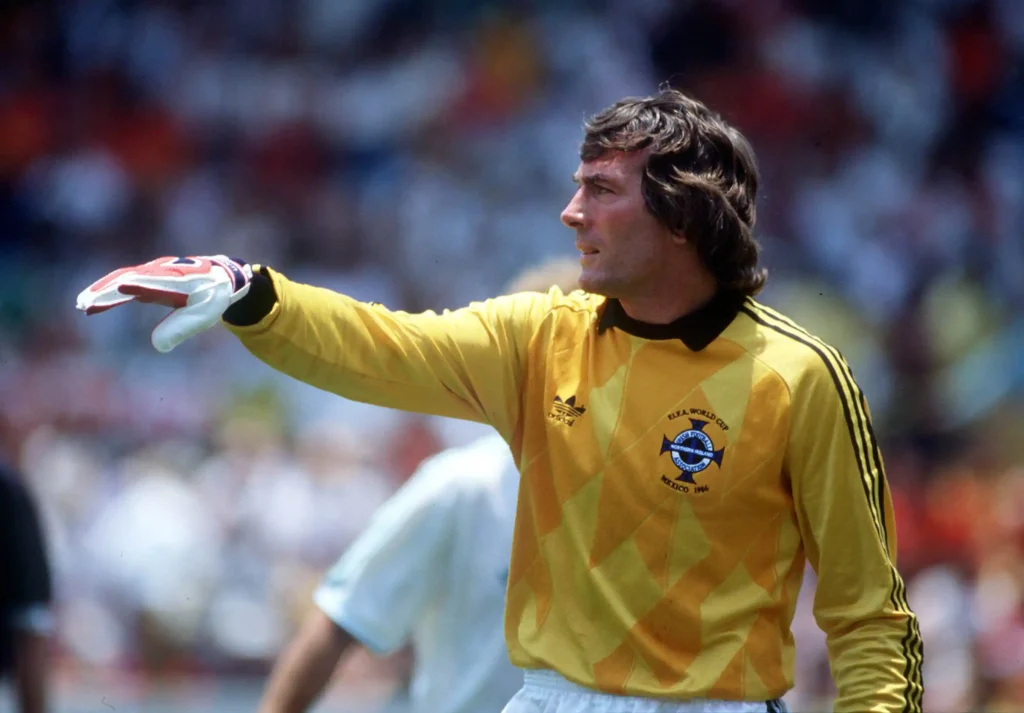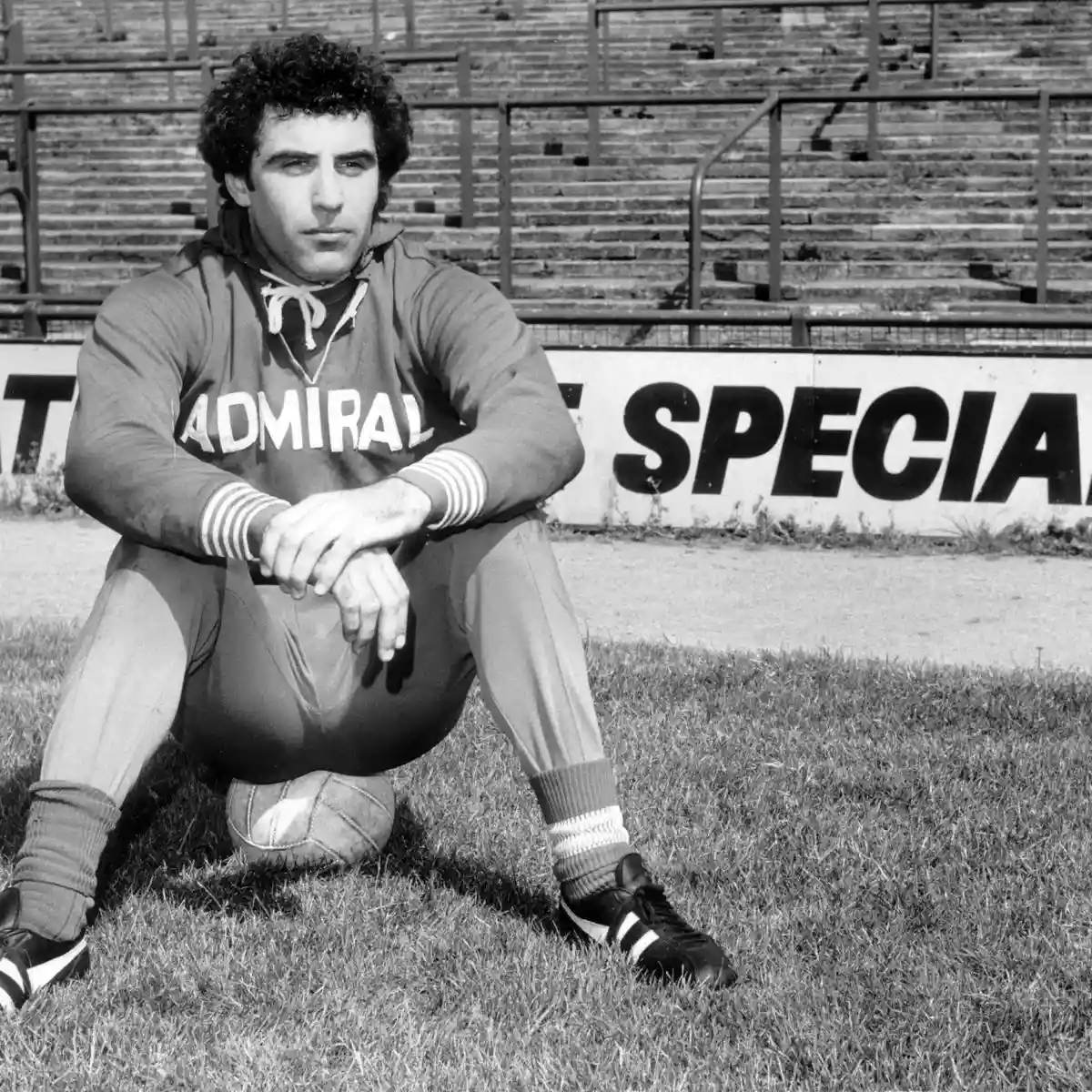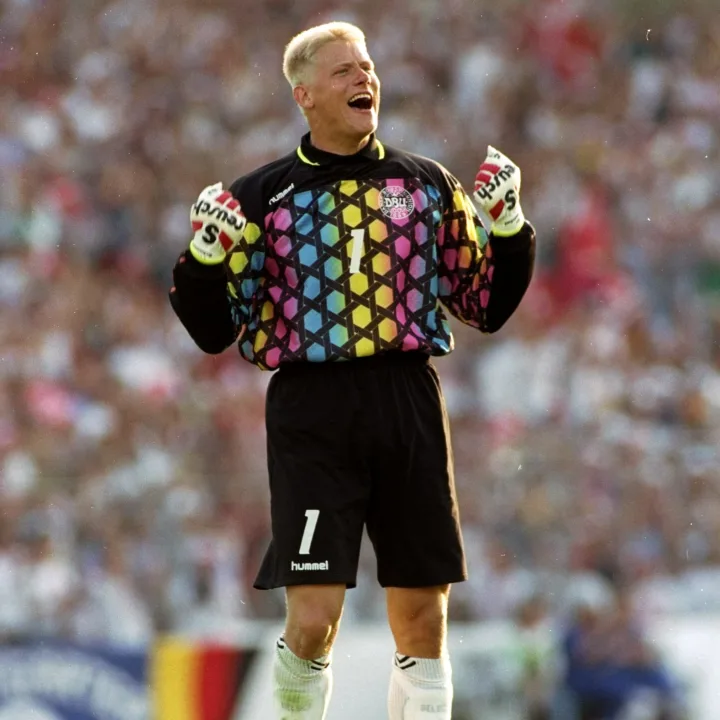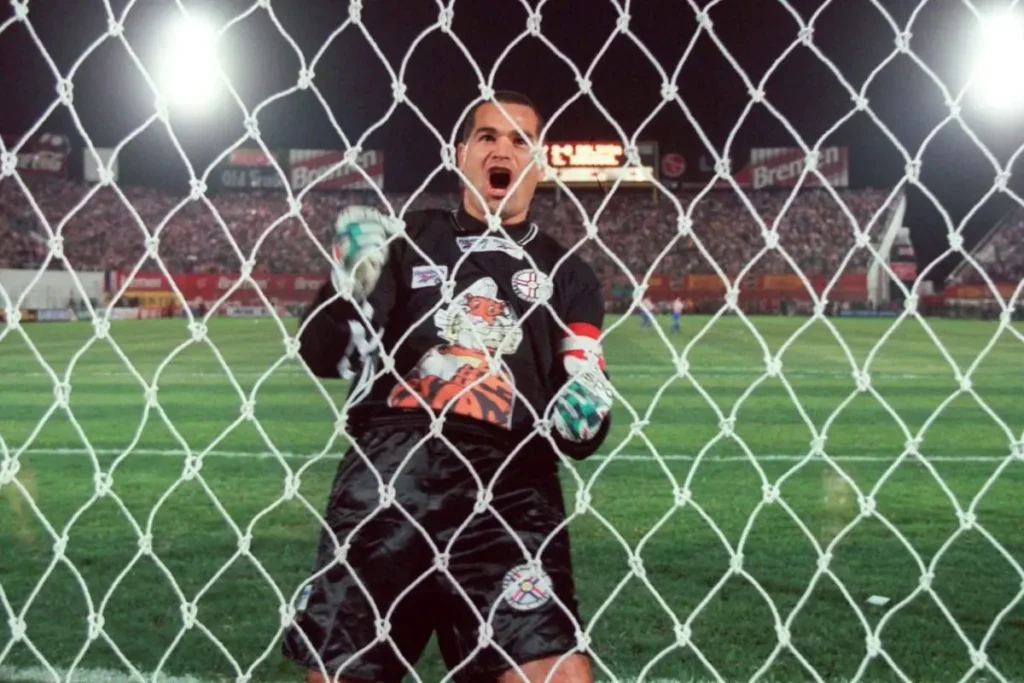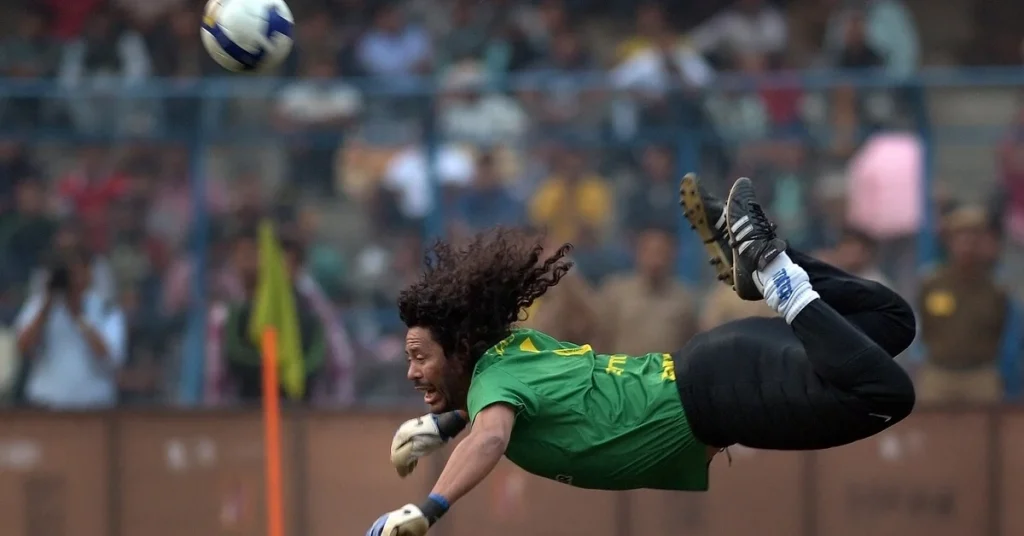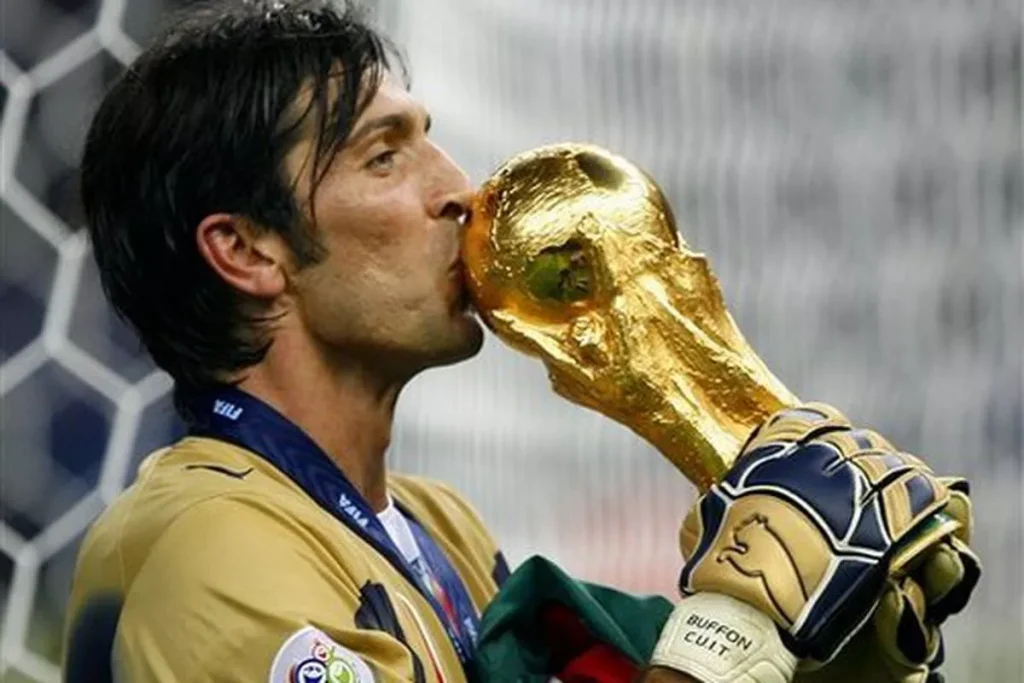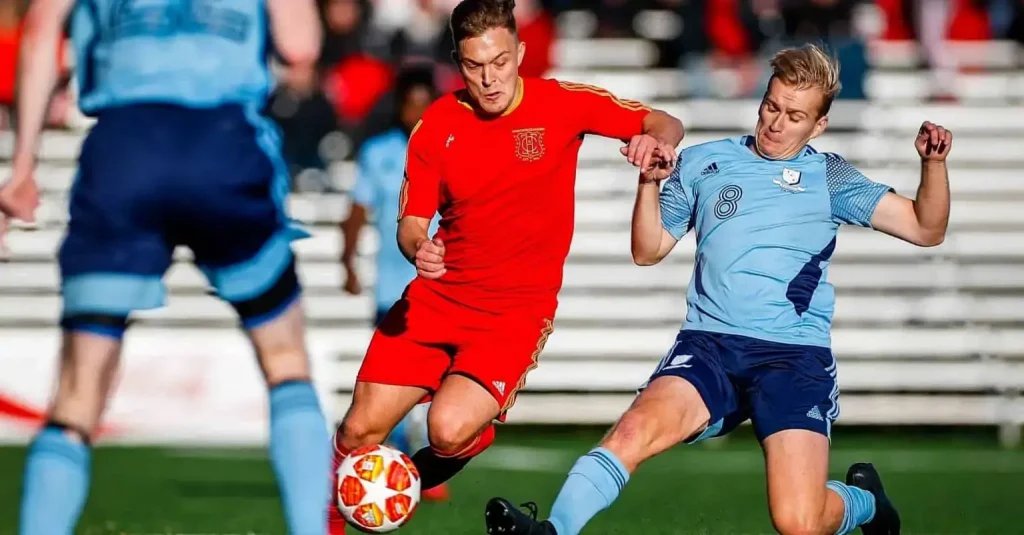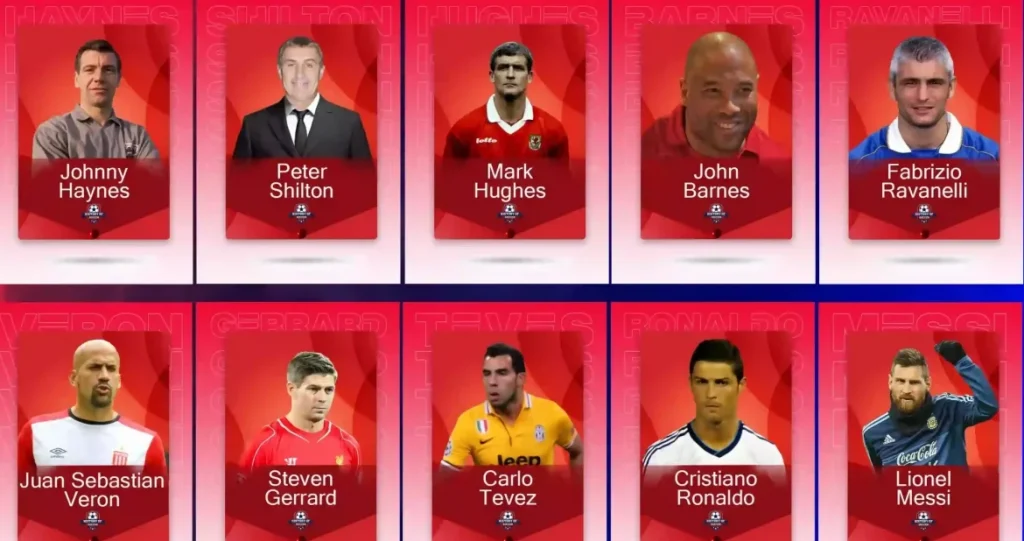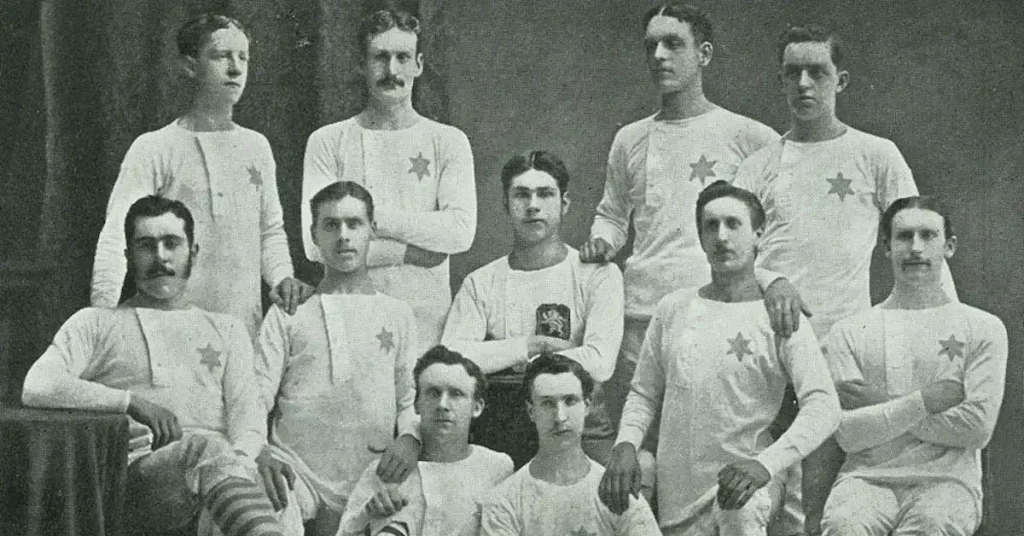From Yashin to Buffon via Zoff and Higuita: here are the ten best soccer goalkeepers in the history of the World Cup because soccer isn’t just about goals. In strict chronological order (years of activity in brackets) so as not to offend any of these great players in the history of football.
Lev Yashin (Soviet Union, 1949-1971)
Nicknamed The “Black Panther,” or the “Black Spider,” for his great reactions, which made him similar to an eight-legged animal: from the second post-war period to the most challenging years of the cold war, it is the flag of the Soviet Union.
One of the best soccer goalkeepers had a very long career entirely spent in Dynamo Moscow, an Olympics and a European championship in his palmares, and the best performance of the old USSR in the World Cup: fourth place in 1966 in England.
In 812 matches played, he has saved more than 150 penalties: “Yashin plays football much better than me,” is the historic quote from Sandro Mazzola after the Russian goalkeeper neutralized his penalty in Italy-USSR in 1963.
Gordon Banks (England, 1955-1978)
In England, where they invented soccer, they say he was the best goalkeeper ever.
Debatable, like all judgments, but what is certain is that he was there to defend the goal of the Three Lions in the only World Cup won, the one played at home in 1966 (only three goals conceded in the whole competition, two of such as in the final won 4-2 against West Germany ).
His career suffered a lethal blow in 1972 when a car accident cost him the loss of his right eye: Peter Shilton will flourish from then on.
Dino Zoff (Italy, 1961-1983)
The goalkeeper par excellence in the history of our national team: if he still played in our league today, he would still be in the top three.
One of the best soccer goalkeepers was the first Italians to pass the barrier of 100 appearances for the national team (112 in total) and the only one in the post-war period to have won a World Cup (1982) and a European Championship (1968).
Dino Zoff holds the unbeaten record in the blue shirt: 1143 minutes spread over three years, from 20 September 1972 to 15 June 1974, when he was pierced by Sanon in Italy’s 3-1 success against Haiti.
Pat Jennings (Northern Ireland, 1963-1986)
Defending his national team for 22 seasons: he made his debut at the age of 18 alongside George Best in the 3-2 win against Wales and played his last game ever (it has more than 1,000 assets), always with the Northern Ireland shirt, on his 41st birthday, on the occasion of the 1986 World Cup in Mexico, which makes him the oldest player ever in the history of the Cup of the World, a record later broken in 1994 by the Cameroonian Roger Milla.
Peter Shilton (England, 1966-1997)
Simply inexhaustible. Shilton made his debut at 17 and quit permanently at 48 after playing 1,005 official matches (the last 7 with Leyton Orient in the Third Division).
For a few years, he remained in the shadow of Gordon Banks. Still, when the legendary English goalkeeper lost sight in one eye, he became a starter for the national team: individually, he was only able to make his debut on the massive stage in 1982, at the age of 33, playing in the World Cup in Spain.
One of the best soccer goalkeepers finished with just one goal conceded in five matches.
Peter Schmeichel ( Denmark, 1981-2003)
Record man for the Danish national team with 129 caps and a goal scored from a penalty in 2000 against Belgium (2-2 final): he defended the posts of the red and white team for 14 years, from 1987 to 2001, when he said goodbye in a friendly match against Slovenia.
Peter Schmeichel is the outstanding protagonist of Denmark’s success in the 1992 European Championships in Sweden, the only international triumph in the country’s history.
He only competed in one World Cup in 1998 in France, where Brazil eliminated him in the quarter-finals (3-2).
José Luis Chilavert (Paraguay, 1983-2004)
Goalkeeper with a golden foot, in his very long career, he scored 62 goals, 8 of which for the national team.
His experiences in goal began very early, thanks to his older brother, who always relegated him to the goal: he made his debut for the national team in 1989, and on his debut, he scored his first goal, from a last-minute penalty, in Paraguay’s 2- 1 against René Higuita’s Colombia (look at the case).
One of the best soccer goalkeepers won the IFFHS tournament as the best goalkeeper of the year three times and the best South American player once: with Paraguay, he played two World Cups in 1998 and 2002, reaching the round of 16 on both occasions.
René Higuita (Colombia, 1985-2009)
Crazy as hell, Higuita is one of the most eccentric and entertaining goalkeepers in soccer history: extremely reactive as well as uncontrollable, famous for his ball-and-chain exits from the penalty area and for his crazy saves (his “shot of the scorpion” is unforgettable and immortal).
Equipped with an excellent foot for taking penalties and free-kicks, Rene Higuita scored eight goals in 68 appearances for the national team.
Still, his propensity to attack the opposing metacampo also led him to frightening mistakes: sensational was the one in 1990 that opened up the lead to Roger Milla and cost Colombia the elimination from the World Cup in Italy. From that day on, Higuita was “El Loco” for everyone.
Oliver Kahn (Germany, 1987-2008)
Man-symbol of Bayern Munich, with whom he won 8 championships, a UEFA Cup, an Intercontinental Cup, and a Champions League, being named best goalkeeper in the world twice (1999 and 2001). He holds the record for unbeaten runs in the Bundesliga (737 without conceding a goal in 2002-03).
Wearing the captain’s armband, he led Germany to the final of the 2002 World Cup in Korea & Japan, conceding just one goal before the 2-0 loss in Yokohama against Brazil: he was named Best player of the World Cup, obtaining the nicknames of “King Kahn” and “Titan Kahn.”
In his last club game, played in 2008 at 39, he won his eighth title with Bayern.
Gianluigi Buffon (Italy, 1995-2018)
Buffon is considered one of the best soccer goalkeepers in World Cup history.
Gigi Buffon has represented Italy in five FIFA World Cup tournaments, playing in 1998, 2002, 2006, 2010, and 2014 competitions. He was part of the Italian team that won the 2006 World Cup, where he was named the tournament’s best goalkeeper.
Some of his key strengths include:
- Shot-stopping ability: Gianluigi Buffon was an excellent shot-stopper, known for his quick reflexes and ability to make spectacular saves.
- Command of the area: Buffon was an excellent organizer of his defense and is known for his ability to come off his line to claim crosses and through balls.
- Leadership: Buffon was a natural leader who was respected and admired by his teammates and opponents. He was the Italian national team captain for many years and Juventus for over a decade.
- Experience: Buffon had a wealth of experience at the highest level of the game, having played for some of the top teams in Italy and Europe.
- Durability: Buffon has an extremely high resistance to injuries that made him play for a long time and at a high level for most of his career
- Penalty saving: Buffon has a very high success rate of saving penalties
- Mentality: Buffon is well known for his strong mentality and ability to handle pressure situations. He always brings intensity and determination to his game, which is vital for a goalkeeper.
